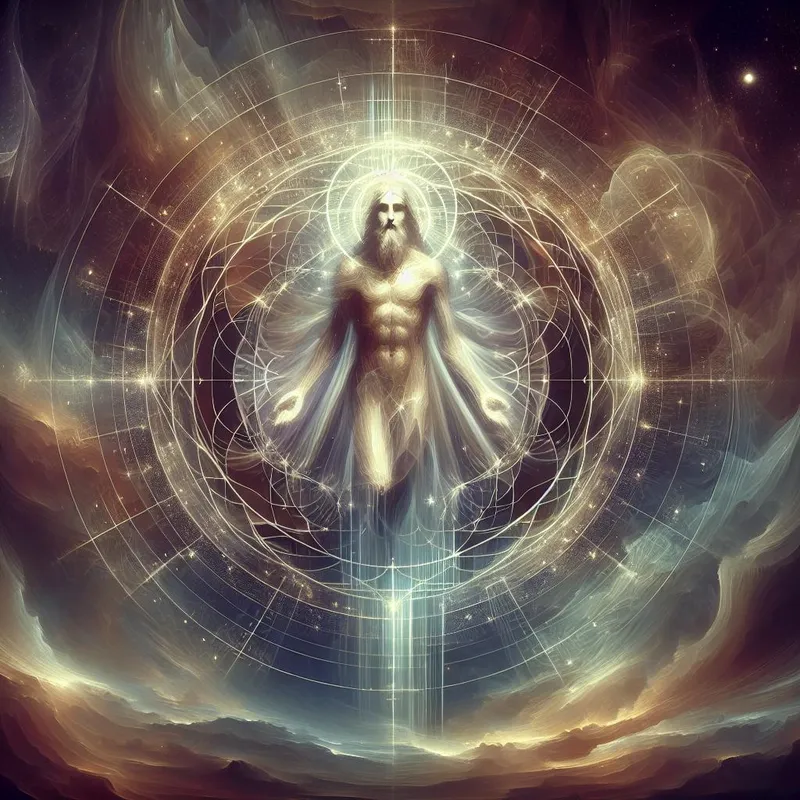
The Ultimate Guide to Understanding Incarnation Immutability in Christian Doctrine
Posted on 17 July 2024
Incarnation Immutability
The concept of the incarnation immutability is a theological topic that has been debated and discussed by many great minds throughout history. It involves understanding the nature of Jesus Christ, particularly in relation to his divine and human natures. In order to grasp this complex concept, we must refer to the affirmations of Scripture and examine the teachings of early theologians.
Jesus' Divinity and Humanity: The Bible clearly affirms both the divinity and humanity of Jesus Christ. Various passages explicitly assert his divinity, such as John 1:1, while others imply it through his divine actions like forgiving sins and creating the cosmos. On the other hand, scriptural evidence also demonstrates Jesus' humanity, as he experienced suffering, death, and weaknesses.
The Incarnation: When the "Word became flesh" (John 1:14), Jesus did not become two separate beings (one divine and one human), but rather one person with two distinct natures - fully divine and fully human. This union of God's nature with sinless human nature took place without any changes to His divine nature.
Immutability of Jesus' Divine Nature: Jesus' divine nature is unchanging, infinite, and ever-supreme in every way. As God, He is immutable and perfect, incapable of degrading into a worse state or improving into a better state. There is no room for improvement or change in God's perfection.
Changeability of Jesus' Human Nature: In contrast to His divine nature, Jesus' human nature is changeable and subject to weakness. As a human being, He was able to suffer, die, and experience limitations both physically and emotionally. We see evidence of this in Luke 2:52 where it states that Jesus "grew in wisdom and stature, and in favor with God and men."
The Mystery of the Incarnation: The fourth and fifth-century theologians grappled with the challenge of explaining the full extent of the Incarnation. While they couldn't fully comprehend or explain it, they affirmed what Scripture taught about Jesus being both human and divine. They acknowledged that aspects of the Incarnation are a mysterious wonder, but they avowed what God had revealed to them.
The Significance of the Incarnation: The mystery of the Incarnation holds great significance for our salvation. Jesus Christ, as God incarnate, serves as the perfect mediator between humanity and God. As God, He perfectly represents God to us, and as a human, He serves as our advocate before God the Father. Through His sacrificial death and resurrection, He makes peace on our behalf and offers forgiveness for our sins.
Why This Matters: Understanding the concept of incarnation immutability is essential for Christians because it helps us grasp the fullness of who Jesus Christ is - both fully divine and fully human. This understanding enables us to appreciate the significance of His sacrifice on the cross and His role as our mediator with God. It also reminds us of the depth of God's love for us, that He would enter into our human experience to bring about our salvation.
Think About It: Reflecting on the mystery of the Incarnation can deepen our awe and gratitude towards God. Consider how Jesus' simultaneous divinity and humanity impact your understanding of His teachings and actions in the Gospels. How does this knowledge influence your relationship with Him and your appreciation for His sacrifice on your behalf?
